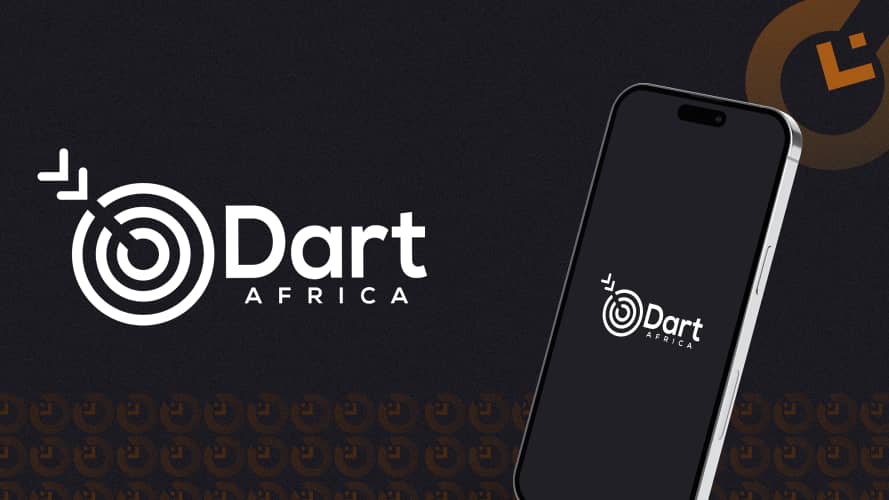Ethereum (ETH), the second-largest cryptocurrency after Bitcoin, has gained attention for its transition from proof of work (PoW) to a proof of stake (PoS) consensus mechanism (ETH 2.0). This shift enables individuals to earn passive income by staking ETH. This article will explore staking, its advantages, risks, and tips for finding a reliable platform. From security and fees to reputation, we will discuss the crucial factors to consider in your search.
What is staking?
Staking allows cryptocurrency holders to earn rewards by securing the blockchain by delegating tokens to validators. Proof-of-stake networks such as Ethereum, Avalanche, or Solana utilize validators, which are computers validating network transactions, to distribute rewards to participants via smart contracts.
Blockchains widely employ staking to motivate users to enhance the security and reliability of their platforms, employing a consensus mechanism called proof-of-stake instead of proof-of-work. By staking tokens on a proof-of-stake network, you support a chosen validator responsible for validating legitimate transactions. Validators and token delegators receive a share of network fees (also known as gas fees) as their reward.
Why stake ETH for Ethereum 2.0?
Many people invest in Ether because they can earn an annual percentage rate (APR) ranging from 6% to 15%. To participate, you typically need a minimum of 32 ETH. With this amount, you can expect to earn approximately 2 to 5 ETH based on current prices.
There are some factors to consider before staking Ether. Firstly, you need to store your ETH for an extended period, potentially for years. This may not be suitable for those who don’t have 32 ETH readily available or prefer using ETH for other decentralized applications.
Additionally, staking Ether for Ethereum 2.0 requires waiting until the protocol is released, which could take significant time. This means it may not be a practical option for those with limited ETH or those who regularly use it.
Alternatively, you can stake Ether on an exchange to earn rewards, but this doesn’t involve running a validator node for Ethereum 2.0.
Another motivation for staking Ether is to contribute to the network’s operations. You help validate the network’s legitimacy by staking and running a node. If you want to support the network and receive a reasonable payout in return, staking could be a suitable choice for you.
What are the risks of staking ETH?
There are several risks associated with staking ETH. Here are some of the key risks to consider:
- Slashing: Staking involves following the rules and behaving honestly as a validator. If a validator acts maliciously or violates the protocol, they can face penalties, including the loss of a portion of their staked ETH. This is known as slashing.
- Network Vulnerabilities: Staking relies on the stability and security of the underlying blockchain network. If the network experiences vulnerabilities or successful attacks, it can lead to potential financial losses.
- Volatility: The price of cryptocurrencies, including ETH, can be highly volatile. If the price of ETH drops significantly during the staking period, the value of your staked assets may decrease.
- Technical Issues: Staking requires using staking platforms or wallets. Technical issues such as bugs, hacks, or security vulnerabilities in these platforms can expose your staked assets to risks.
- Opportunity Cost: When you stake ETH, your tokens become illiquid for the staking duration. This means you may miss out on other investment opportunities or the ability to sell your ETH at a more favorable price.

How To Stake Ethereum
Staking Ethereum offers different options based on your willingness to deposit Ether and your comfort level with the Ethereum blockchain.
To become a validator independently, you need to stake 32 ETH. This allows you to receive the full staking rewards. However, if you have less than 32 ETH, you can join a pool like Rocket Pool, a DeFi protocol, or utilize an exchange like Crypto.com. These options make staking more accessible for most individuals, although the pool or exchange will take a portion of your rewards as a fee.
Ethereum Staking Through An Exchange Pool
If you don’t have 32ETH to stake or are unwilling to invest that much, joining an exchange pool is the ideal solution for your dilemma.
Staking through a pool or service is a simpler alternative compared to staking on your own. These pools handle the technical aspects on your behalf, making the process easier. However, since they provide a service, most pools charge either a fixed fee or a percentage of your staking rewards.
Exchange pools are available on platforms like Binance, Coinbase, and Kraken, although some may have restrictions for users in the US. To join, you need to create an account on an eligible exchange and follow their instructions for staking your ETH.

Ethereum Staking With A Wallet
Staking Ethereum with a wallet offers another option for users. Using a compatible wallet, you can participate in Ethereum staking and earn rewards. Here’s how it generally works:
- Choose a compatible wallet: Select a wallet that supports Ethereum staking. Popular wallets offering staking functionality include MetaMask, Ledger, Trust Wallet, and MyEtherWallet.
- Check for staking support: Verify that the chosen wallet supports Ethereum staking. Some wallets may require specific versions or configurations to enable staking functionality.
- Transfer ETH to your wallet: Obtain Ethereum and transfer it to your wallet. You should have sufficient ETH to meet the minimum staking requirements, which can vary depending on the staking network or platform.
- Access the staking feature: Within your wallet, locate the staking feature or the section dedicated to Ethereum staking. Using DeFi protocols such as Lido and Rocket Pool with less than 32 ETH. Follow the instructions provided by the wallet to stake your ETH.
- Confirm staking parameters: Review and confirm the staking parameters, such as the amount of ETH you want to stake, the duration of the staking period, and any associated fees.
- Initiate the staking process: Initiate the staking process as guided by the wallet. This may involve signing a transaction or interacting with a staking smart contract.
- Monitor and manage your staked ETH: Keep track of your staked ETH and monitor the staking rewards earned. Some wallets provide a user-friendly interface to track your staking activity and rewards.
Benefits of Staking Ethereum
Aside from earning ETH rewards, staking is designed for those who want to be part of the community actively building the foundation of the new Ethereum.
You help the network grow and contribute toward a decentralized world. If this kind of work aligns with your ideology, it might be your main reason to stake.
Bottom line
Ethereum staking is locking up a portion of Ether to validate the Ethereum network and earn rewards. You can stake solo with 32 ETH or join a staking pool with a lower amount.





